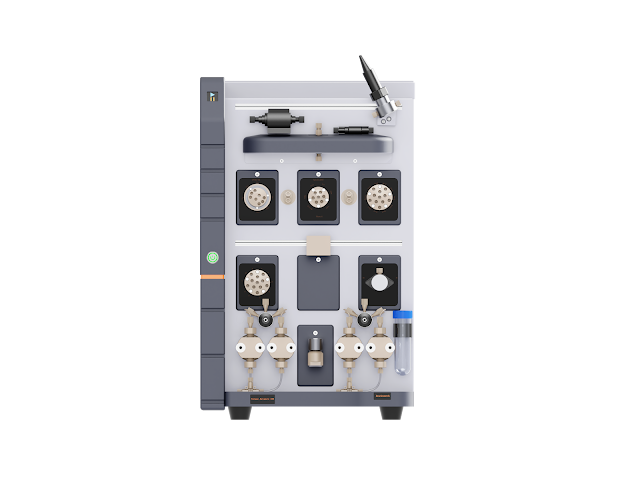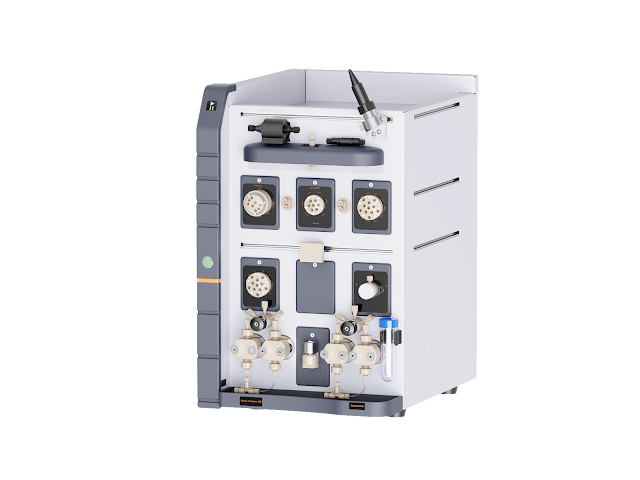Unveiling the Layers: Exploring Chromatography and Its Impact Through Liquid Chromatography
Chromatography is a powerful scientific technique used for separating mixtures into their components, revolutionizing research and development in various fields such as pharmaceuticals, environmental science, and food safety. Among the many types of chromatography, liquid chromatography stands out due to its efficiency and versatility, making it a critical tool in analytical science today.

The Fundamentals of Chromatography
At its core, chromatography involves passing a mixture dissolved in a "mobile phase" through a "stationary phase." This process separates the mixture based on the different rates at which its components interact with these phases. The differences in rates of movement arise due to variations in the compounds’ relative affinities towards the mobile and stationary phases, allowing for effective separation and analysis of complex mixtures.
Chromatography can be adapted to a wide range of applications, making it a fundamental technique in laboratories worldwide. Its ability to precisely separate, identify, and quantify the components of a mixture makes it indispensable in chemical analysis.
Advancements in Liquid Chromatography
Liquid chromatography (LC) is a type of chromatography that uses a liquid mobile phase to transport the sample mixture through a column containing the stationary phase. The stationary phase is typically made of solid particles, and as the sample mixture moves through the column, its components separate based on their different interactions with the stationary material.
Liquid chromatography is particularly noted for its high resolution and speed, making it ideal for separating compounds that are otherwise difficult to isolate and analyze. This method is highly favored in industries requiring the precise analysis of minute chemical components, including pharmaceuticals where it is used for drug purity testing, and in environmental agencies for detecting pollutants in water and soil.
Liquid Chromatography in Modern Applications
The practical applications of liquid chromatography are vast and growing. In the pharmaceutical industry, it is used not only for the analysis of the chemical composition of new drugs but also for monitoring breakdown products and contaminants that can affect drug safety and efficacy. In environmental science, LC is used to trace pollutants in water sources, helping to enforce environmental regulations and ensure public safety.
Additionally, liquid chromatography is crucial in the food industry, where it tests for toxins and contaminants in raw ingredients and finished products, ensuring compliance with safety standards and protecting public health.
Choosing the Right Chromatography Equipment
When selecting chromatography equipment, it is crucial to consider the specific needs of your applications. Factors such as the complexity of the mixtures, the properties of the compounds being analyzed, and the required sensitivity and accuracy will determine the best chromatography method and equipment.

Conclusion :
For scientists and researchers looking to harness the power of chromatography, particularly liquid chromatography, turning to reliable and advanced equipment is key. inscinstech.com.cn offers a comprehensive array of chromatography solutions tailored to meet diverse scientific needs. Whether your focus is on improving pharmaceutical formulations, enforcing environmental standards, or ensuring food safety, Inscinstech provides the technology and expertise to enhance your research capabilities. Discover how Inscinstech can support your scientific endeavors with cutting-edge chromatography technology.
.jpg)

Comments
Post a Comment